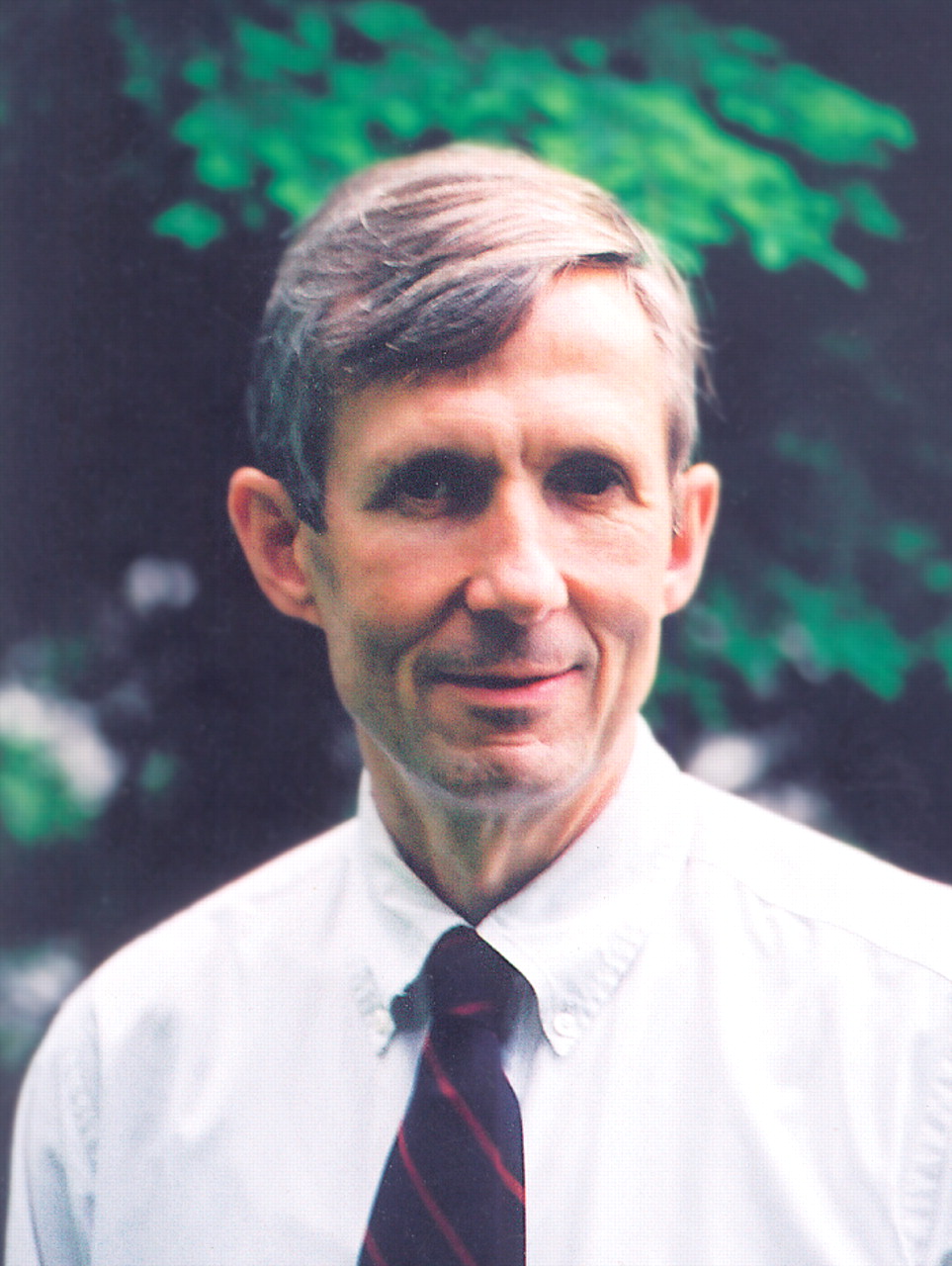An Orangeburg, N.Y., psychiatrist who practices Buddhism teaches his patients how to meditate and facilitates a group for like-minded clinicians on“ Spirituality and Psychotherapy.”
A Syrian-born Muslim psychiatrist in Boston keeps the door ajar, in deference to Islamic sensitivities, when alone with a female Muslim patient in the consulting room.
And an Orthodox Jewish clinician, who is also a neuroscientist, questions her Orthodox patients about symptoms of obsessive-compulsive disorder (OCD) that can arise in relation to rituals associated with washing, bathing, and keeping a kosher kitchen.
Eighty years after Sigmund Freud, in The Future of an Illusion, wrote that religious faith is an illusory reflection of “the oldest, strongest, and most urgent wishes of mankind,” these clinicians have opted to bring their distinct religious sensibilities into the consulting room in the treatment of patients who share their religious beliefs.
They are part of a trend in “patient-centered” care and a new emphasis on cultural sensitivity that has expanded to include the awareness that a patient's beliefs—about the meaning and purpose of life and the nature of the universe—are crucial to understanding a patient, and to a patient's health and illness.
John Peteet, M.D., chair of APA's Corresponding Committee on Religion, Spirituality, and Psychiatry, said recognition of the value of religious and spiritual beliefs and practices in mental health treatment has grown in recent years (see page 11). And he said many patients seek out like-believing clinicians.
“I regularly hear from potential patients who are looking for a Christian psychiatrist, and I first try to assess if this is something they need, as opposed to something they can find better in a church or secular mental health setting,” he said. “My faith informs the values and vision that guide my view of people as created in God's image and therefore valuable. It also informs my view of full health as relational and marked by effectiveness in meeting existential life tasks, versus simply an absence of symptoms.”
Teaching Mindfulness
William Greenberg, M.D.'s, interest in the practice of Zen Buddhism began when he was a teenager, reading the works of Alan Watts, and has since grown to be an integral part of his personal and professional life.
Today, in his small private practice he specializes in working with patients who are also practicing Zen—many of whom also identify as Jews or Christians. He is also director of the outpatient research program at the Nathan Kline Institute for Psychiatric Research in Orangeburg, N.Y.; a member of APA's Corresponding Committee on Religion, Spirituality, and Psychiatry; and a priest in training at High Mountain Crystal Lake Zen Community in Wyckoff, N.J.
Greenberg describes his early training and psychiatric practice as conventional: he graduated from Albert Einstein School of Medicine in 1982 and was director of residency training from 1988 to 2000 at Bergen Pines County Hospital (now called Bergen Pines Regional Medical Center) in New Jersey.
But in 1997 he attended a week-long retreat in Key West, Fla., for mental health clinicians led by Thich Nhat Hanh, a Vietnamese Buddhist teacher.
“It got me thinking that if I was really serious about Buddhism, why was I not trying to integrate that with my understanding of human beings as a clinician?” Greenberg told Psychiatric News.
Today, he teaches patients “mindfulness,” a meditation technique in which one concentrates one's attention on some object or phenomenon, typically the movement of one's breath. As the mind begins to wander, the meditation practitioner in time learns to gently bring it back to the focus of attention.
Greenberg believes it is an exercise that can help patients get“ unstuck” from the dysfunctional, ruminative thoughts and feelings typically associated with depression, anxiety, and OCD symptoms. He said it works especially well in conjunction with cognitive-behavioral therapy.
“Patients who meditate are more likely to be in touch with things that bother them and better able to participate in psychotherapy,” he said. “As things come up in meditation, you learn to acknowledge them, accept them, and then gently let them go. That is what most patients who are stuck have a hard time doing. And I think what is really healing is the ability to let go. Once you learn that you can let go of something, it starts to lose its force.”
Further, meditation can improve a therapist's clinical skills. “We are better able to not let countertransference get in the way, better able to hear other people, and better able to maintain a posture of evenly hovering presence,” Greenberg observed.
“Meditation does change you,” he said. “It's not a matter of simply sitting on cushions, but it carries over to inform the rest of your life.”
Islamic Tradition and Muslim Belief
“There is a big difference between the Islamic understanding of mental illness and the way contemporary Muslims view mental health and illness,” said Yousef Abou-Allaban, M.D., M.B.A.
In an interview with Psychiatric News, Abou-Allaban—an Arabic-speaking Muslim psychiatrist with a group practice in suburban Boston—said that psychiatric hospitals existed in Baghdad, Cairo, and Damascus as early as 700-800 A.D.
He noted also that the Koran speaks of a variety of forms of mental distress and offers prescriptions for them. He cited the Muslim physician ibn Sina, born in 980 A.D., who wrote about melancholia and eating disorders.
Yet today, he said, the contemporary Muslim is likely to view mental illness with a starker sense of stigma than does even the mainstream culture and to ascribe mental illness to sin or the devil.
In a chapter he wrote on treating Muslim patients in the Handbook of Spirituality and Worldview in Clinical Practice, Abou-Allaban ascribed this disparity to the fragmentation of the Islamic civilization since its golden era in the 9th through 13th centuries.
“In the 19th century, when Muslim lands were divided and colonized by different Western countries, Muslim people were exposed to Western conceptions of mental illness,” he wrote. “Those who established the new field of psychiatry in Muslim countries were Western-trained psychiatrists who not only carried the view that religion was a hindrance... to mental health, but also attempted to apply Western methods in a very different cultural context.
“Through these periods of sociopolitical upheaval, many Muslims lost hold of the guidance that their religious tradition offered them in coping with mental health difficulties...,” Abou-Allaban wrote.
(The book was edited by Peteet and Allan Josephson, M.D., and was published by APPI in 2004).
In his experience, Abou-Allaban said that contemporary Muslim patients are receptive to the use of psychopharmacology, but far less receptive to the notion of psychotherapy.
He also noted that the religious proscription against interaction between unmarried men and women also influences clinical practice.
“If I have one female patient in the consulting room with me, I keep the door open,” he said. “Muslim women feel very intimidated in a room with a strange male by themselves while the door is closed. It's a pretty sensitive issue.”
At the same time, he said, it is not uncommon for Muslim patients to arrive in the consulting room with the entire family in tow. “If the patient has no family, he may bring a friend,” Abou-Allaban said. “The issue of privacy and individuality is not as ingrained or as essential as it is for non-Muslim Americans. There is a lot of family support.”
Predictably, much of what Abou-Allaban describes about practicing psychiatry as a Muslim is colored by life in post-9/11 America.
He disavows violence and extremism and emphasizes that Islam is not intrinsically hostile to America or to the Western world. “I enjoy practicing Islam in the United States more than I enjoy practicing it anywhere else in the world,” he said. “If you ask many Muslims, they would say the same thing.
“People think all Muslims are like the Taliban, but although Islam is one religion, it does not replace the local culture,” he said.“ When I talk to a Muslim from the Middle East, I can relate easily, but it is very different with a Muslim from Pakistan or Russia. In each part of the world, the culture has a major impact on how Muslims think and how they understand mental illness and disease.”
'I Speak the Same Language'
Psychiatrist Elizabeth Sublette, M.D., Ph.D., is a clinician and neuroscientist in the Department of Psychiatry at Columbia University College of Physicians and Surgeons and the New York State Psychiatric Institute. An Orthodox Jew, she treats a predominantly Orthodox patient population in New York city.
“As an Orthodox Jew, I feel that I have a cultural familiarity with what my patients experience and that I speak the same language,” she told Psychiatric News. “It used to be that seeking psychiatric help was completely stigmatized, and the Orthodox community was very wary of it. That's changed, and in recent years there has been a tremendous improvement of services available to the community and a growing number of Orthodox practitioners who are going into this field.”
Certainly, there are aspects of treatment that are unique to the community. In some Orthodox families, the protocols surrounding dating are exacting: parents of someone of dating age may carefully research the backgrounds of potential candidates, obtaining character references and a rabbi's approval before the young couple can go out to dinner.
If there is a history of mental illness or a candidate is on medication, it can prove a serious problem. “It's a real concern both because of people's fears about genetic susceptibilities and about use of medication during pregnancy in a community where people may have six to 12 kids,” Sublette said.
She said she typically asks her Orthodox patients with OCD about symptoms that can arise in the context of ritual bathing or preparation of food. For instance, she has known of patients with OCD who, in the process of keeping a kosher kitchen, have thrown out hundreds of dollars' worth of food, or pots and dishes, out of fear of contamination.
Then, too, there is a religious proscription against a man and woman being alone in the same room, a rule that can turn therapy between a patient and therapist of the opposite sex into a quandary.
In Sublette's case, the solution was a low-lying window into her basement-floor office. “I asked a rabbi for a ruling on how I could conduct therapy with a male patient,” she recalled. “The ruling was that there had to be a window so that potentially someone could see in, even if it was very unlikely.”
Peteet believes the sensitivity that like-believing therapists can bring to their religious patients is clinically valuable.
“Sharing a belief system can be an asset or a liability depending on what it means to the patient and clinician and how they handle it,” he said. “Potential advantages include greater understanding, trust, and the ability to draw on recognized and/or shared spiritual resources. Fundamentalist patients may be able to trust themselves to a psychiatrist only of the same faith or one they find through a trusted religious authority.
“Potential liabilities include negative reactions or struggles based on prior experiences with religious authorities; collusion to focus on religious or spiritual issues instead of on needed psychological work, some of which might require confrontation; and unwarranted assumptions based on a shared or similar identification,” he said. ▪

